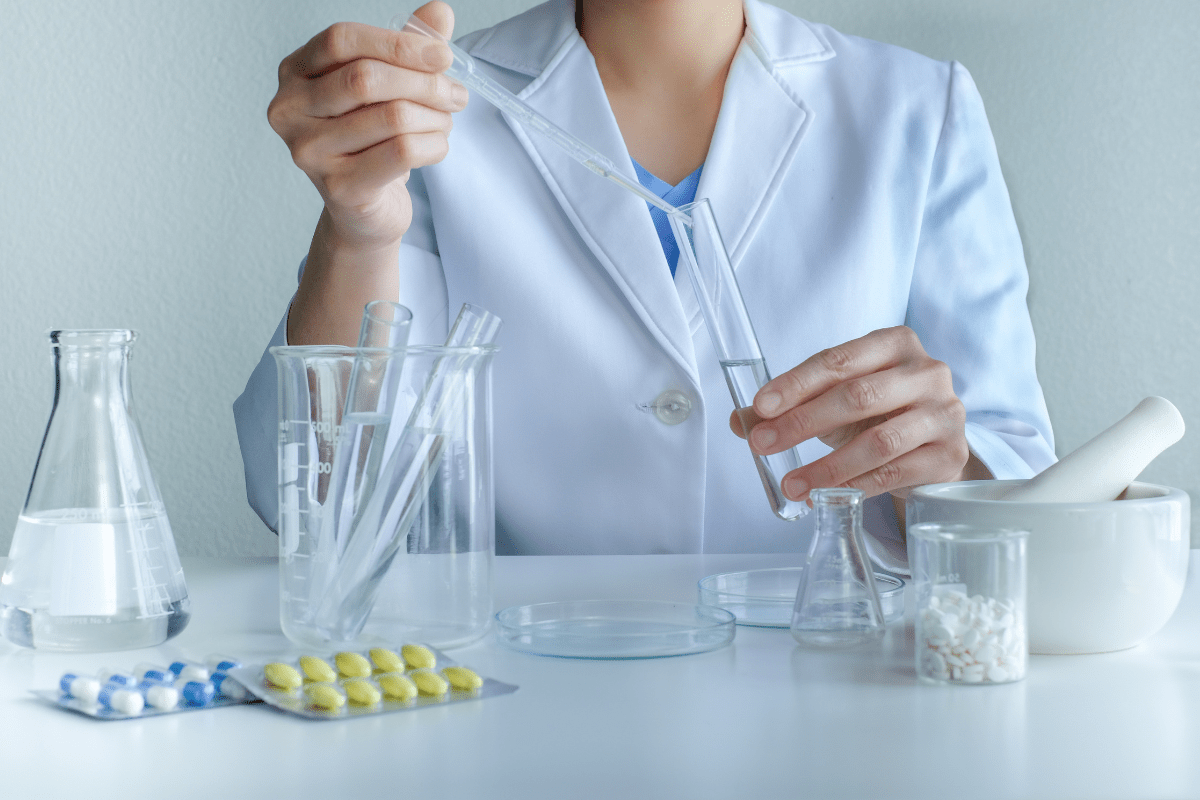8 September 2025
The life science industry sits at the intersection of innovation and public health. Companies developing pharmaceuticals, medical devices, diagnostics, and biotech products have the potential to transform lives, but also face significant risk if something goes wrong. In this high-stakes environment, having adequate and sufficient product liability insurance is not just prudent - it’s critical.
The unique risk profile of life sciences products
Life sciences products directly impact human health. Even with the most rigorous testing and regulatory approval, unforeseen side effects, manufacturing defects, or improper use can occur. If a product causes harm -real or alleged- the company may face claims from patients, healthcare providers, or regulatory bodies. These claims can result in costly litigation, regulatory penalties, product recalls, and reputational damage.
Coverage that matches exposure
Standard liability policies often fall short in addressing the complex and long-tail risks of the life sciences sector. Adequate product liability insurance ensures coverage for a range of scenarios: bodily injury claims, clinical trial-related incidents, global product recalls, and legal defence costs. It must also be sufficient in both scope and limit to cover multi-million dollar claims, which are not uncommon in this space.

A requirement for growth and compliance
Product liability insurance is often a requirement for market access. Regulatory agencies, contract manufacturers, distributors, and hospital systems may all require evidence of sufficient coverage before doing business. It’s also frequently a prerequisite for securing investment or entering new markets, especially in litigious regions like the U.S.
Protecting innovation and sustainability
The cost of a single uncovered product liability claim can be devastating—especially for smaller biotech firms or startups. Sufficient insurance allows companies to continue research, development, and expansion without being derailed by a single adverse event. In essence, it helps preserve both the business and its mission to improve health outcomes.
Conclusion
In the life sciences sector, where the benefits of innovation must be balanced with the potential for harm, product liability insurance plays a vital role. It protects not only the financial health of the company but also its ability to bring life-changing solutions to market with confidence. Ensuring coverage is adequate and properly structured is an essential step in managing risk responsibly.
This information is for general information only. Cover is subject to insurers policy terms, conditions, and exclusions.


